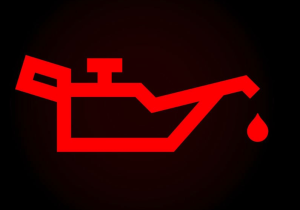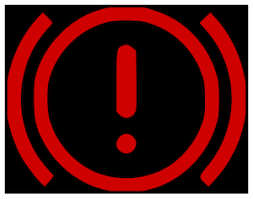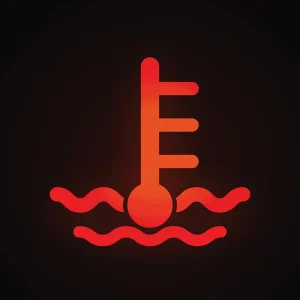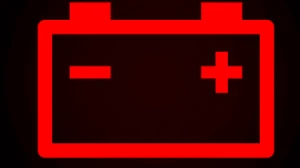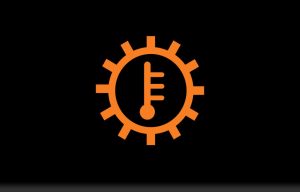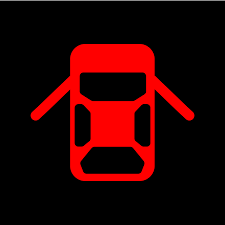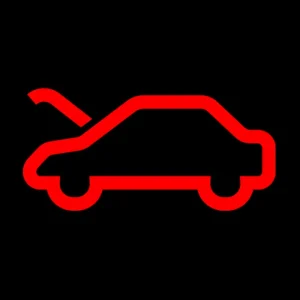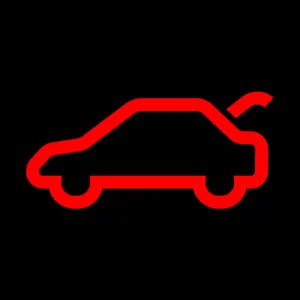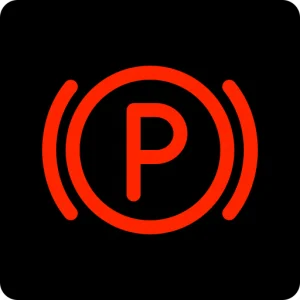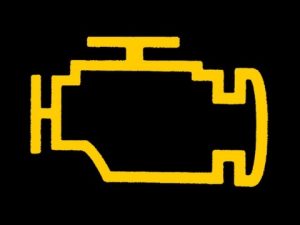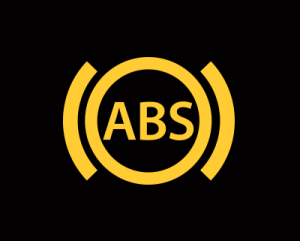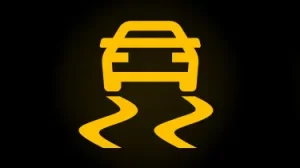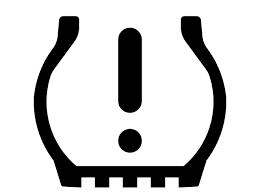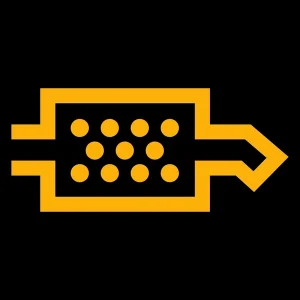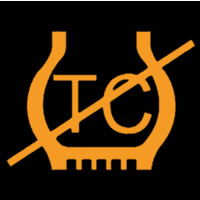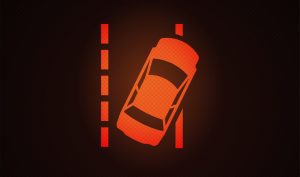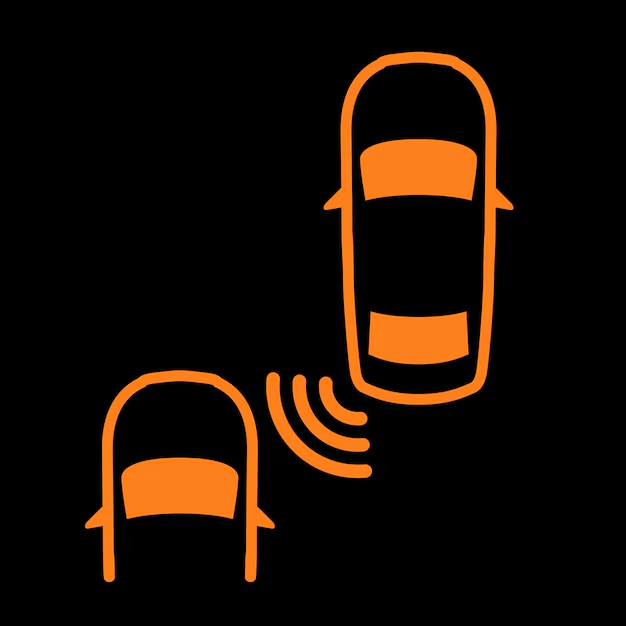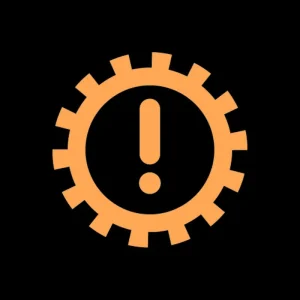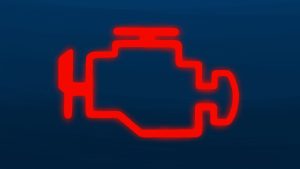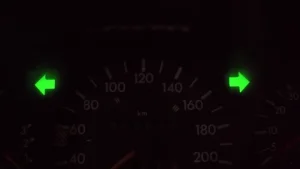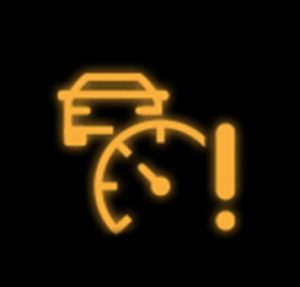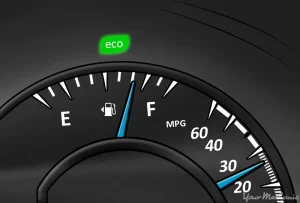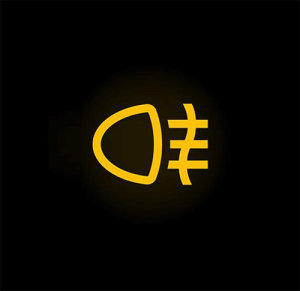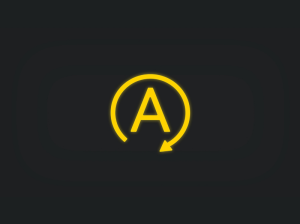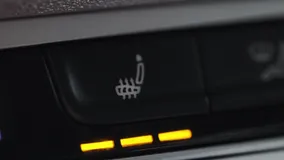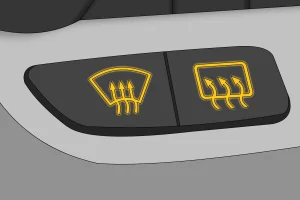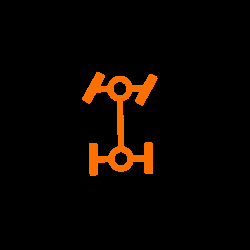Understanding dashboard warning lights in your Opel Combo is essential for maintaining vehicle safety and preventing costly damage. These lights alert you to potential issues ranging from minor notifications to critical problems that could lead to breakdowns or accidents. By recognizing them promptly, you can take appropriate actions like stopping the vehicle or scheduling maintenance, ensuring a safer driving experience.
Quick Navigation
Red Warning Lights (Stop Immediately)
These indicate serious issues requiring you to pull over safely and address the problem right away to avoid injury or vehicle damage.
Engine Oil Pressure
Low oil pressure can cause engine damage from lack of lubrication. Stop the vehicle immediately, check the oil level, and add oil if needed or call for roadside assistance.
Brake System Alert
Indicates low brake fluid or a failure in the braking system. Pull over safely, avoid driving, and contact a mechanic to inspect and repair the brakes.
Coolant Temperature
Engine is overheating, possibly due to low coolant or a faulty thermostat. Stop the car, let it cool down, check coolant levels, and seek professional help before driving again.
Battery Charge
The battery isn’t charging properly, often due to alternator issues. Stop driving, turn off non-essential electrics, and have the charging system checked by a technician.
Airbag System
Airbag or seatbelt pretensioner malfunction. Stop and have the system inspected at a service center, as it may not deploy in a crash.
Seatbelt Reminder
Driver or passengers not wearing seatbelts. Stop and ensure everyone buckles up before continuing to drive.
Power Steering Failure
Loss of power steering assistance, making steering difficult. Pull over immediately and call for towing to a repair shop.
Low Brake Fluid
Brake fluid level is too low, risking brake failure. Stop the vehicle, check for leaks, and refill fluid or get professional assistance.
Transmission Temperature
Transmission fluid overheating, which can damage gears. Stop driving, allow cooling, and have the transmission inspected.
Door Ajar
A door, hood, or trunk is not fully closed. Stop and secure all doors to prevent accidents or theft.
Hood Ajar
The hood is not latched properly. Pull over and close it securely to avoid it opening while driving.
Trunk Ajar
The trunk or rear door is open. Stop the vehicle and close it properly for safety.
Parking Brake Engaged
Parking brake is on while driving, causing wear. Stop and release the brake before continuing.
Yellow/Amber Warning Lights (Action Required Soon)
These signal issues that need attention soon but don’t require immediate stopping; address them to prevent escalation.
Check Engine
Engine or emissions system fault, like a sensor issue. Have it diagnosed at a service center soon to avoid further damage.
ABS System
Anti-lock braking system malfunction. Brakes still work but without anti-lock; get it checked by a mechanic promptly.
ESP Stability Control
Electronic stability program issue, affecting traction. Drive carefully and visit a service center for repairs.
Tire Pressure Monitoring
One or more tires have low pressure. Check and inflate tires to the recommended level as soon as possible.
Glow Plug (Diesel Models)
Glow plugs are heating for engine start, or there’s a fault. Wait for it to go off; if persistent, see a mechanic.
DPF Filter
Diesel particulate filter is clogged with soot. Drive at higher speeds to regenerate it or take to a service center.
Service Required
General maintenance reminder, like oil change due. Schedule a service appointment soon.
Low Fuel
Fuel level is low. Refuel at the next station to avoid running out.
Low Washer Fluid
Windshield washer fluid is low. Refill the reservoir to maintain clear visibility.
Traction Control
System is active or faulty, reducing wheel slip. If on constantly, have it inspected.
Lane Departure Warning
Vehicle drifting from lane; system may be faulty. Adjust driving or get the sensor checked.
Forward Collision Alert
Potential collision detected or system error. Pay attention to road; service if it persists.
Blind Spot Monitoring
Issue with blind spot detection. Drive cautiously and have the system repaired.
Transmission Issue
Gearbox problem, like slipping. Avoid heavy loads and visit a mechanic soon.
Emissions Control
Fault in exhaust system affecting emissions. Get it checked to comply with regulations and prevent engine issues.
Green Warning Lights (Information Only)
These provide status updates on active systems or features; no action is needed unless they indicate a problem.
High Beam
High beam headlights are in use. Adjust if oncoming traffic is present.
Turn Signal
Indicators are flashing for a turn. Ensures others see your intention; turns off after maneuver.
Cruise Control Active
Cruise control is engaged, maintaining speed. No action needed; disengage as required.
Eco Mode
Fuel-saving mode is on, optimizing efficiency. Drive normally; switch off if more power is needed.
Front Fog Lights
Fog lights are activated for better visibility. Use only in low visibility conditions.
Rear Fog Lights
Rear fog lamps are on. Turn off when visibility improves to avoid dazzling others.
Parking Lights
Sidelights are active for stationary visibility. No immediate action.
Auto Start/Stop
Engine stop-start system is ready or active. Saves fuel; overrides if needed.
Hill Descent Control
Assists with controlled downhill speed. Engaged for off-road or steep slopes.
Lane Keep Assist
System is helping keep the vehicle in lane. Monitor and steer as necessary.
Seat Heater On
Heated seats are activated. Adjust temperature for comfort.
Rear Window Defroster
Defrosting the rear window for clarity. Turns off automatically.
4WD Engaged (If Equipped)
Four-wheel drive mode is active. Suitable for low-traction conditions.
Hazard Lights
Hazard flashers are on, warning other drivers. Use in emergencies or breakdowns.
When looking at Opel, make sure to check out our guides on models like the Opel Adam, Opel Movano, Opel Vivaro, and Opel Antara. Understanding dashboard warning lights is essential. Our expert reviews break down what each light means, highlighting common alerts for these models and what they could signal about underlying issues, so you’re never left guessing behind the wheel.

